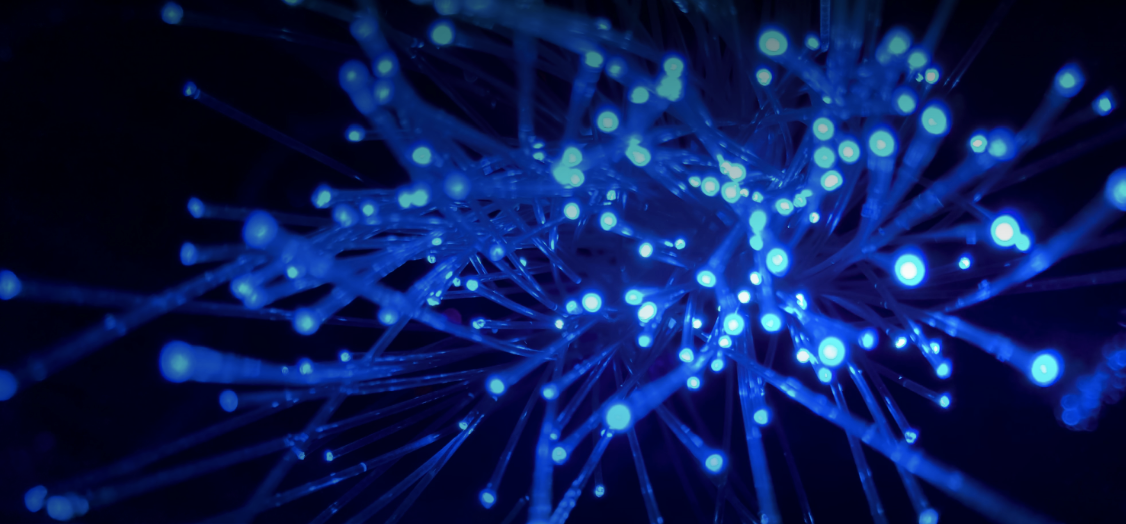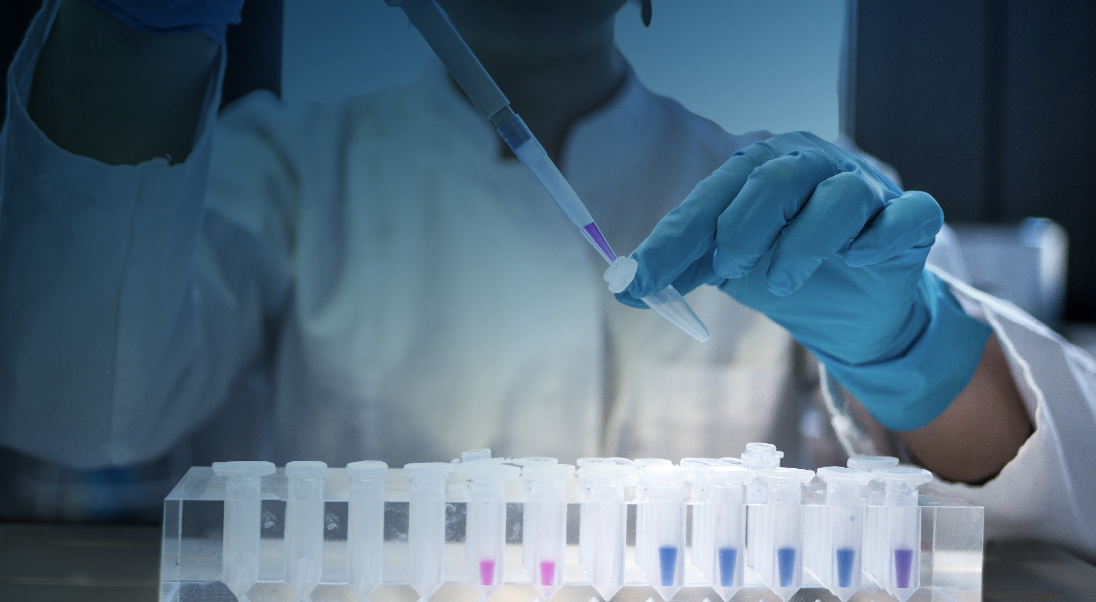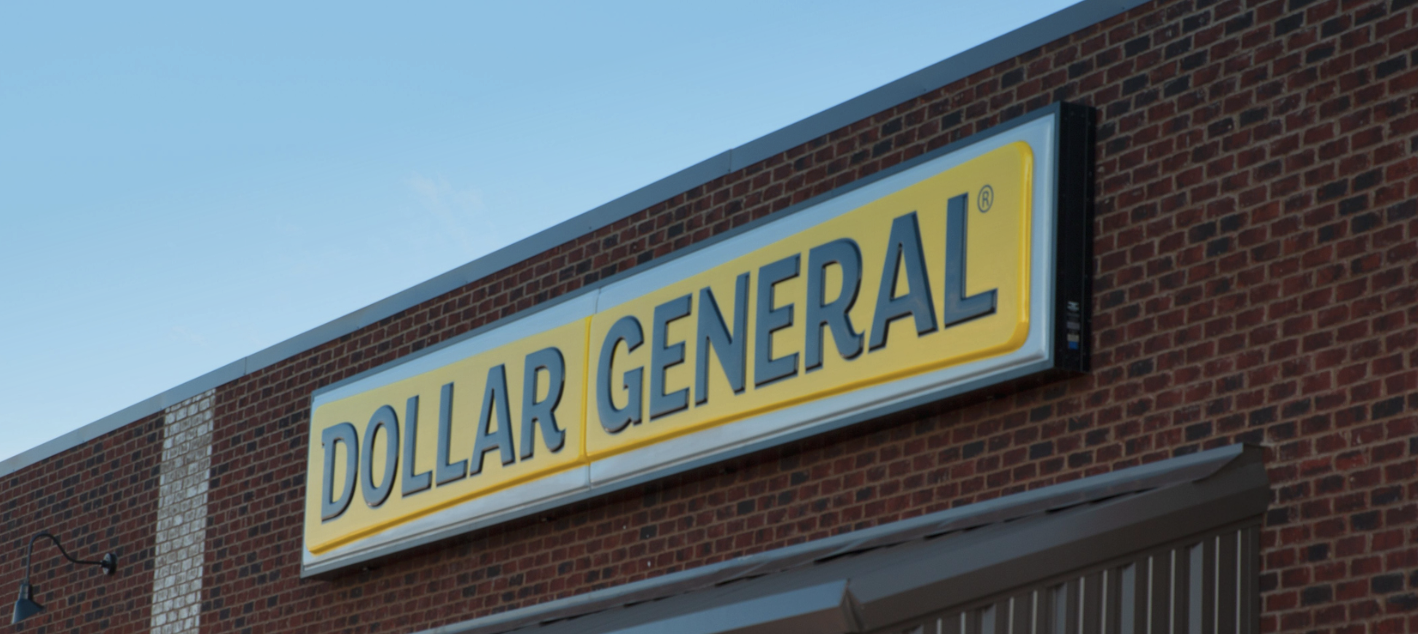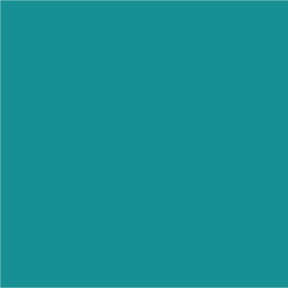
Impact Update
Second Quarter 2023
Our Voice. Our Values. Our Progress.
One of the ways that we contribute to making a difference is by leading and participating in discussions related to some of the most pressing global topics. In this update, you’ll find information on our engagements on Artificial Intelligence (AI) and our participation in deforestation policy dialogues (whose importance we can see in our recent hazy skies attributable to Canadian wildfires). We’re continuously leveraging our role as investors when it matters most.
By looking at current events, such as preventing oil and gas development in the Arctic National Wildlife Refuge, through the lens of our twin goals of ecological sustainability and universal human dignity, we’re able to inspire positive change for people and planet. Together with our investor community, we’re constantly using our voices and staying grounded in our values to help elevate our impact both locally and globally.
In this edition
Engagement Overview
Domini meets with company executives on its own and in collaboration with other investors to encourage stronger policies and practices on the issues that matter to us. In alignment with our standards, we seek improved disclosure, more responsible practices, and address emerging issues with our companies. Through constructive interaction – via letters, dialogues, shareholder proposals, and proxy votes – Domini communicates its expectations to companies and encourages innovation and business models that uphold respect for human rights while contributing to ecological sustainability and resilience.

The UN Sustainable Goals (SDGs)
In the seven years since United Nations member states adopted the 2030 Agenda for Sustainable Development, the Sustainable Development Goals (SDGs) have been widely embraced by governments, civil society organizations, companies, and investors. The SDGs aim to address broad global topics such as poverty eradication, food security, protection of forests, sustainable cities and economic growth, gender equality, and climate change.
In each impact update, we’ll feature a few of our engagements alongside an investment highlight and show you which SDGs these are aligned with. Read more on the UN SDGs

Engaging with AI


Emphasizing the Human Side of Tech
We recently joined a collaborative investor engagement, led by the Council on Ethics of the Swedish AP Funds. Together with investors representing 6.4 trillion euros in assets under management, we are engagingwith the Big Tech companies to encourage strengthened oversight of human rights that can be impacted by their business model, including with an emphasis on corporate culture, vulnerable groups, and content. We will be co-leading engagements with Alphabet and Apple, and are participating in a collaborative engagement with Microsoft.
Adopting a Human Rights Policy
Nvidia designs and sells graphics processing units (GPUs) with very powerful computing and processing capabilities. Able to process high levels of data imagery efficiently, the GPUs had originally been used for gaming. More recently, they have played a critical role in the expansion of AI technology, as many AI tools and platforms rely on Nvidia GPUs due to their strong processing capabilities.
We welcome Nvidia’s recent adoption of a Human Rights Policy, which applies human rights expectations to its products and customers. However, we believe there is an opportunity to enhance its oversight and disclosure around how it integrates its policy and ethics into product design, as well as how its human rights policy applies during the product use phase. In our dialogue, we sought to better understand the role the company plays when its GPUs are used by its customers to develop AI software. We also encouraged the company to provide a grievance mechanism and remedy channel, so that there is a way an individual can submit a complaint.
Investment Highlight: Domini Impact Equity Fund
Nvidia designs and manufactures computer graphics processors, chipsets, and related multimedia software. The company’s graphic processing units are 20 times more energy efficient than traditional ones. While the firm is working to strengthen the diversity on its board, we appreciate that Nvidia’s CEO hails from a historically underrepresented group and is also a member of the Responsible Business Alliance, one of the world’s largest coalitions dedicated to sustainable supply chain management.
Taking Action on Insulin Affordability


After a long engagement for fair pricing, we welcome announcements from Novo Nordisk, Sanofi, and Eli Lilly that each company is reducing the list price for their brand name insulin products by up to 75%. The CEOs of each company testified in a hearing of the U.S. Senate Health, Education, Labor and Pensions Committee on the need to make insulin affordable for all Americans. Legislators and CEOs of the drug manufacturers and pharmacy benefit managers spoke about the need for system-wide solutions for the long term.
In engagements with Novo Nordisk and Sanofi, we commended this action and sought to learn more about its impact on patients. For example, we asked about the timeline, which is expected to be in early 2024, and the rollout plan to ensure that the lower list price drugs are widely available at pharmacies across the country. We also wanted to learn about how the drug manufacturers are engaging with the insurance companies, which decide which drugs are covered under each insurance plan, with the goal of supporting widespread access to the lower price drugs.
To meet the needs of the lowest income patients, both companies also have patient-assistance programs, which set a monthly cap on out-of-pocket costs (e.g. $35 for a one-month supply) or provide discounts. We asked the companies how they measure the effectiveness of these programs, whether they are meeting patient needs, and if there is adequate patient awareness.
Investment Highlight: Domini Impact Equity Fund and Domini Impact Bond Fund
Insulet is a medical device company that develops, manufactures, and markets an insulin infusion system for people with insulin-dependent diabetes. The tubeless and waterproof insulin system accounted for 95.6% of the firm’s revenue in 2022. The company also received FDA approval for an automated insulin delivery system allowing patients to dose insulin from a smartphone.
Addressing Environmental & Public Health Risks in the Chemical Sector


The chemical sector produces necessary materials for the building blocks of our world–we wouldn’t have items like paint, flavors & fragrances, and vaccines without them. However, they are the largest industrial energy consumer, the third largest industry subsector for direct CO2 emissions, and their widespread use of PFAS, also known as “forever chemicals” that persist in the environment, has prompted a proposed EU ban and creates legal and financial risk for companies.
As part of the Investor Initiative on Hazardous Chemicals, Domini is co-leading engagement with PPG and Evonik, and participating in engagements with Sherwin-Williams and Umicore with support from ChemSec, a non-profit advocating for substitution of toxic chemicals for safer alternatives. ChemSec produces ChemScore, a hazardous chemicals assessment and company ranking tool. Our requests focused on reducing hazardous chemicals in their products, increasing transparency, and committing to a time-bound phase-out of persistent chemicals. Umicore discussed developing improved transparency ahead of mandatory disclosure and ensuring exposure rates below regulatory norms at their sites in Belgium.
Additionally, we participated in a ShareAction campaign targeting decarbonization at European chemical companies, including Solvay, Evonik, and Symrise. The companies provided updates on their objectives in accelerating carbon emissions accounting and reductions, particularly for indirect emissions, renewable energy, and using alternative raw materials.
Investment Highlight: Domini International Opportunities Fund
Umicore is a leading supplier of materials for rechargeable batteries used in electric vehicles and catalysts for fuel cell applications. It generates most of its revenues from clean mobility and recycling. In addition, the company recycles precious metals and offers products for the storage of clean energy. The firm’s commitment to Science-Based Targets delivers strong environmental performance. In addition, it’s the first company in the world to have introduced a Sustainable Procurement Framework for Cobalt.
NY Tropical Deforestation Law Passes Legislature


Public policy plays an important role in addressing systemic issues like deforestation. This is why we participated in two lobby days in Albany to encourage adoption of the New York Tropical Deforestation-Free Procurement Act. The bill was passed by the State Assembly, and now moves forward to the Governor. If the Governor signs this bill into law, it would ensure that companies doing business with the state of New York are not contributing to tropical deforestation through their supply chains for palm oil, soy, beef, paper, and other commodities. It would also establish supply chain transparency assistance programs to support implementation among small and medium-sized businesses, and minority and women-owned businesses.
During the lobby days, we joined a delegation of ten people to explain why addressing deforestation matters for New York–from increased climate induced migration, as well as biodiversity and gender equality. Over two days we met with 16 legislative offices and gained 16 new co-sponsors for the bill. We also delivered an investor letter in support of the bill, which was signed by 72 institutions with $2.5 trillion in assets under management.
New York is the third largest economy in the U.S. and 10th largest globally, so if the bill is signed into law it would have widespread impact.
Investment Highlight: Domini International Opportunities Fund, and Domini Impact International Equity Fund
Carrefour SA is a French multinational retail and wholesale food and consumer goods company with hypermarkets, supermarkets, and convenience stores worldwide. In 2010 the company made a commitment to zero deforestation by improving its sourcing methods of the raw materials used in its private label brands that contribute most to deforestation. These include wood and paper, palm oil, Brazilian beef, soy, and cocoa, and more recently textiles.
Worker Safety Shareholder Proposal Approved, Prompting Progress


At Dollar General’s most recent shareholder meeting, shareholders approved our proposal, voting in favor of an independent audit on worker safety and wellbeing. The resolution follows many reported work and safety violations against the retailer, which have resulted in $21 million in fines from the U.S. Labor Department and violent incidents in its stores.
Co-filers of our resolution included Adrian Dominican Sisters, Portico Benefit Services, Presbyterian Church U.S.A., Trinity Health, and United Church Funds. Supporters also included several labor advocacy groups, including Step Up Louisiana, United for Respect, and Union of Southern Service Workers (USSW). The proposal received 67.7% of the vote. Read our press release at domini.com/workersafety
Domini Impact Bond Fund Theme Allocations*


Access to Housing
Supports affordable mortgage credit & rental properties, multifamily collateralized mortgage obligations, and other residential mortgage backed securities.

Corporate Debt**
Supports corporate general obligations & bank loans of companies that meet Domini’s Impact Investment Standards.

Economic & Community Development
Supports nonprofit education, rural & agricultural communities, creative economy & public interest, transportation, access to water, business & job creation, and community development financial institutions.

Low-Carbon Transition
Supports renewable energy, energy efficiency and green buildings, sustainable cities, sustainable forestry and conservation, and corporate green and sustainability bonds.

Non-Housing Asset-Backed Securities
Supports commercial mortgage-backed securities, auto loans, and other asset backed securities that meet Domini’s Impact Investment Standards.

Health, Well-Being & Aging Society
Supports nonprofit healthcare and research facilities, housing and healthcare services, and pensions.
* Based on portfolio holdings as of 6/30/2023, excluding cash & cash equivalents, cash offsets, futures, swaps and options with the exception of short-term U.S. Agency bonds and Certificates of Deposit, which are reflected in this reporting. Numbers may not sum to totals due to rounding. The composition of the Fund’s portfolio is subject to change. Visit domini.com to view the most current list of the Fund’s holdings.
** “Corporate Debt” includes general-obligation corporate bonds, bank loans, and corporate debt not classified under other themes.

Investment Highlight: Domini Impact Bond Fund
Lendbuzz is an artificial intelligence-based finance platform that aims to help individuals that are historically underserved by the traditional credit system purchase a vehicle. The platform allows the company to assess potential borrowers’ ability to pay back a loan despite having a limited or null credit history related to a purchase or refinancing of a vehicle. The company partners with auto dealerships and offers an end-to-end loan origination and servicing platform in connection with the purchase or refinancing of a vehicle.
The Impact Investor View of AI
Turn on the news and you can’t help but hear about Artificial Intelligence (AI)–its advancements, its benefits, but also the potential risks associated with its use. The concerns surrounding AI stem in part from its rapid pace of development and application, especially because regulatory frameworks have not been able to keep up.
Even AI experts and technicians have apprehensions about its risks related to discrimination, bias, privacy, and misinformation. As the technology rapidly evolves, the concerns do too. For instance, ChatGPT and other types of generative AI can create original content, including realistic fake images and videos based on simple prompts.

In our engagement efforts, we encourage companies to find the appropriate balance of innovation and groundbreaking technology advancement, while also putting in place proper controls and playing a constructive role in the development of comprehensive government regulations. We seek reassurance from companies that they have appropriate oversight and policies in place, such as management systems that can better equip a company to understand and mitigate the risks associated with the use of their products and services.
Calls for regulation have come from public and private sectors alike. Governments around the world are working to develop frameworks upon which regulations will be determined. In the EU, the European Parliament is debating a set of rules for AI to support a risk-based, “human-centric,” ethical development1, while Australia, China, Israel, and the UK are among countries in early stages of planning regulation. In the U.S., the White House has published an AI Bill of Rights2 that is intended to provide guidance on how to protect the public from the growing pains of adopting this new technology with the potential to change commerce in the same vein as the industrial revolution. While the government grapples with the logistics of guiding such a profound change, the scientific community has risen starker concerns, declaring the need for immediate action to prevent catastrophe.
There is a call to pause any advancement of artificial intelligence past its current levels until regulations can be developed,3 and recently over 350 experts and AI scientists, many of whom are responsible for the development and advancement of AI, signed a simple statement. It declared that “mitigating the risk of extinction from AI should be a global priority alongside other societal-scale risks such as pandemics and nuclear war.”4
At Domini we incorporate environmental and social standards into our investment process, and we evaluate companies on two levels: the degree to which their businesses are aligned with our goals of universal human dignity and ecological sustainability, and the strength of their stakeholder relations. To guide our decision-making, we developed Key Performance Indicators (KPIs) for each of our subindustry categories. When it comes to new and emerging technologies, where the scope and nuances of their potential are not yet fully understood we rely on our broader universal goals to guide our investment decisions. Artificial intelligence presents us with new challenges. It is exciting to witness the birth of such technology, and we hope to see its applications grow in a way that benefits people and the planet while remaining vigilant and cautious.
- https://www.europarl.europa.eu/news/en/press-room/20230505IPR84904/ai-act-a-step-closer-to-the-first-rules-on-artificial-intelligence
- https://www.whitehouse.gov/ostp/ai-bill-of-rights/
- https://futureoflife.org/open-letter/pause-giant-ai-experiments/
- https://www.reuters.com/technology/top-ai-ceos-experts-raise-risk-extinction-ai-2023-05-30/
Using Our Voice to Help Support Indigenous Peoples’ Rights in the Arctic

Our two core goals are universal human dignity and ecological sustainability, which shape every aspect of our work. One issue in particular—the rights of Indigenous Peoples—sits at the intersection of our two goals. Recently, we’ve worked in solidarity with the Gwich’in people, supporting efforts to protect their culture, livelihood, and the land that has sustained them since time immemorial: the coastal plain of the Arctic National Wildlife Refuge. The focus of our involvement has been dialogues with two major U.S.-based insurance companies, Chubb and The Hartford Financial.
The Arctic National Wildlife Refuge
The Arctic National Wildlife Refuge stretches for tens of thousands of square miles in northeastern Alaska. In 2021, the U.S. government auctioned land for oil and gas development on the coastal plain of the Arctic Refuge. U.S. law mandates a second lease sale by the end of 2024.
Oil and gas development would likely be detrimental to the migratory route of the Porcupine Caribou Herd, which the Gwich’in people have depended on for subsistence for thousands of years. The coastal plain of the Arctic Refuge is the calving ground of the Porcupine Caribou Herd, an area that Gwich’in people call Iizhik Gwats’an Gwandaii Goodlit—the Sacred Place Where Life Begins.
Progress at the Company Level
Oil and gas development depends on many factors. Energy companies need to buy the Arctic Refuge land leases. Banks need to finance the subsequent energy projects. And insurance companies must be willing to provide coverage to the companies involved.
That means advocates have several audiences, and progress can come in many different forms. Already, 18 international insurers and every major U.S. bank are in the process of creating—or have already adopted—policies to protect the Arctic Refuge.
Engaging the Insurance Company, Chubb
Dialoguing with Chubb has been a years-long process. Our recent interactions include:
- December 2022: Domini filed a shareholder proposal—to be voted on at Chubb’s 2023 annual general meeting—on Chubb’s underwriting process and its analysis of human rights risks, particularly those related Indigenous Peoples.
- March 2023: Chubb announced that it will no longer provide insurance coverage for oil and gas companies in conservation areas around the world, including the Arctic Refuge. This is a key victory for the Gwich’in people.
- May 2023: Chubb investors voted on our shareholder proposal. The 16.5% vote in support for comprehensive Indigenous Rights Risk reporting signifies a sizeable amount of shareholder interest in fully understanding how the insurance company underwrites projects with human rights impacts, specifically to Indigenous Peoples’ right to free, prior and informed consent (FPIC).
Chubb’s engagement with the Gwich’in Steering Committee presents an unprecedented model that Chubb and other insurance companies can improve on to screen for underwriting risks regarding the rights of Indigenous Peoples. It’s a sign of positive progress for the future.
Read the full article and press release at domini.com/arctic

The secret to making an impact is small.
It starts by subscribing to news and updates.

